The Origins of the Organization date to 1991, when was established a Permanent Committee for Management of Emergencies (CIPEO), set up initially as academic et scientific platform, focused on Emergency Prevention and Response.
The Committee, based in Milan and Rome, Italy, was composed of some sixty experts and several associated consortia, among which a research group of academic derivation working on an Emergency Early Warning System, acting according to the concept of “integrated management” of natural and man-made disasters (mixed emergencies).
This System was based on the Talcott Parsons’s General Theory of Social Action, duly matched for emergency matters and its research group attended several meetings at European level, especially through ECHO, the Humanitarian Office of the European Commission, and with several Official Representations of vulnerable Countries (see list of Meetings), with the intent to individuate the recurrent emergency strains which render vulnerable a give socio-political system, with the aim of preventing complex urgencies, mainly in developing Countries.
In 1995-1996 a group of Consular and Diplomatic Representations, deeply involved with this Early Warning System, transmitted its protocols to the High Commissioner of the United Nations for Refugees, beginning a fruitful institutional co-operation which lead some years later, to the formation of a Preparatory Committee to the “International Emergency Management Organization (IEMO)”.
In 1999 the Committee rose international consensus clarifying the terminology and the classification of relevant emergencies according to their specific nature (natural, man-made, mixed/complex).
Thanks to the efforts of divulgation of the Preparatory Committee, the concept of Emergency Prevention was finally accepted into the international co-operation’s vocabulary, bringing to a great awareness process, which ended in the clear definition of emergency prevention, preparedness, mitigation, response and ex-post rehabilitation procedures.
In April 2003 the Preparatory Committee was Awarded in event presided by Prof. Andrea Lamattina at “Sapienza” University, in Rome.
After three years the 14 April in 2006 the Intergovernmental Convention Establishing the International Emergency Management Organization was adhered by it’s member countries and the Organization was born.
Its activity counts on experts and officers, enrolled in several emergency prevention studies and field intervention in Somalia, Kenya, Uganda and Sudan.















